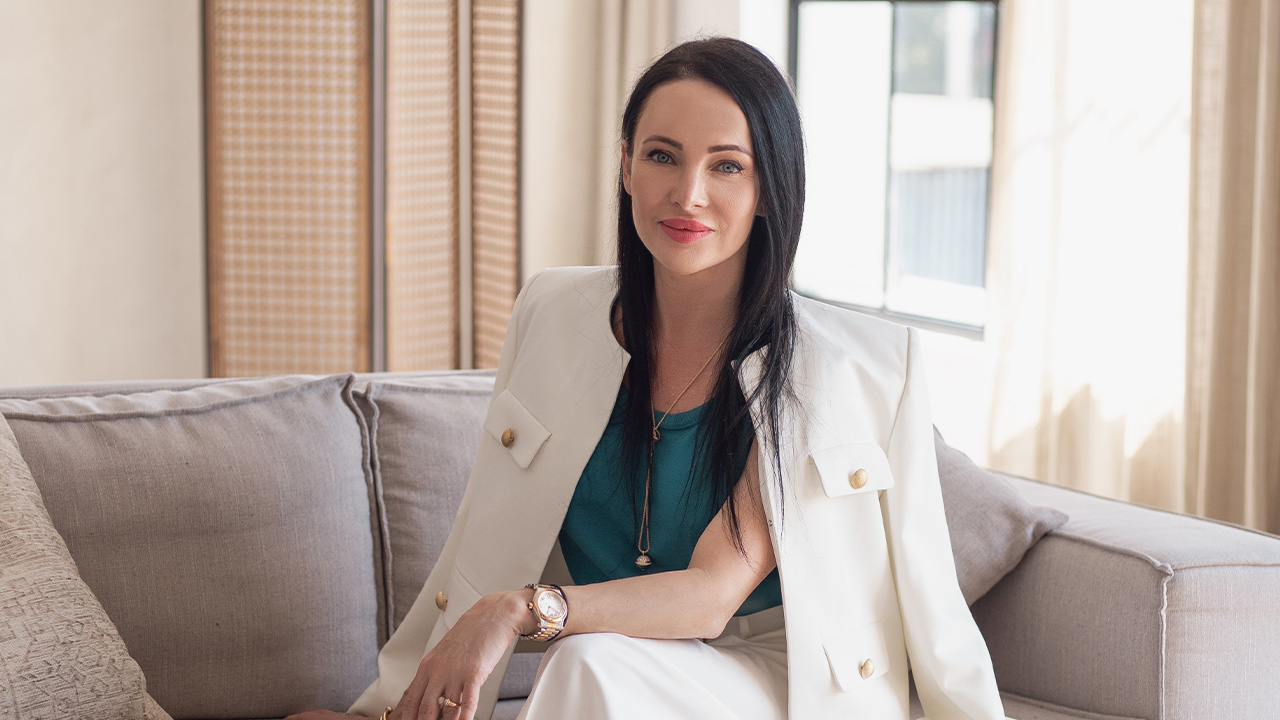
On World Refugee Day, the global community once again focused on an important social and humanitarian issue – the treatment of displaced persons. This is a critical test of any society’s maturity. Forced migrants, who have left their homes due to conflicts, require not only safety but also support and understanding.
Ukrainians, fleeing the war initiated by Russia, have found refuge in many European countries. We express our deep gratitude to Europeans for their solidarity, hospitality, and support. Without their help, many Ukrainian families could have been left without shelter and basic means of survival.
European Support and Its Significance
European countries have demonstrated a high level of compassion and readiness for action by accepting Ukrainian refugees. European governments, non-governmental organizations and ordinary citizens have made significant efforts to provide temporary shelter, access to education and health care, and support the integration of Ukrainians into new communities.
“European hospitality is a tremendous display of humanity and solidarity, which we all must value,” states Alona Lebedieva, founder of the “Aurum” Charity Foundation and the European non-profit organization “Aurum Charity Foundation”. “Thanks to this support, many Ukrainian families have been able to find shelter and start a new life.“
Challenges and Risks
However, along with positive moments, there are certain risks and difficulties that cannot be ignored. The mass influx of refugees creates significant pressure on social welfare systems, labor markets, and infrastructure in European countries. This can lead to social tension, especially in communities already facing economic hardships.
“Supporting refugees should not just be the responsibility of the host countries. It is a challenge that we all must accept together, cooperating at all levels—from non-governmental organizations to international institutions, and the people themselves, to minimize the social and economic risks for the host side. We must remember that every help, every act of empathy makes the world better and fairer,” believes Lebedieva.
Integration and Adaptation: Many refugees face difficulties in finding jobs, recognizing their professional qualifications, and adapting to new social norms and cultures. This complicates their economic and social status, creating barriers to integration.
Psychological Support: Many Ukrainians, forced to leave their homes and loved ones, have experienced traumatic events that require professional psychological assistance. Without proper support, such experiences can lead to long-term health and behavioral problems.
Pressure on Social Infrastructure: Host countries face increased demands on their social welfare, education, and healthcare systems. This can lead to social tension and frustration among local residents, especially in times of economic difficulty.
Ultimately, World Refugee Day reminds us of the importance of humanity and solidarity in the modern world. Every refugee is not just a statistic, but a person with their own story, dreams, and aspirations, seeking safety and a new beginning.
And today, as the world faces challenges, together we can turn them into opportunities for growth and development, ensuring every person a chance for a safe and dignified life.